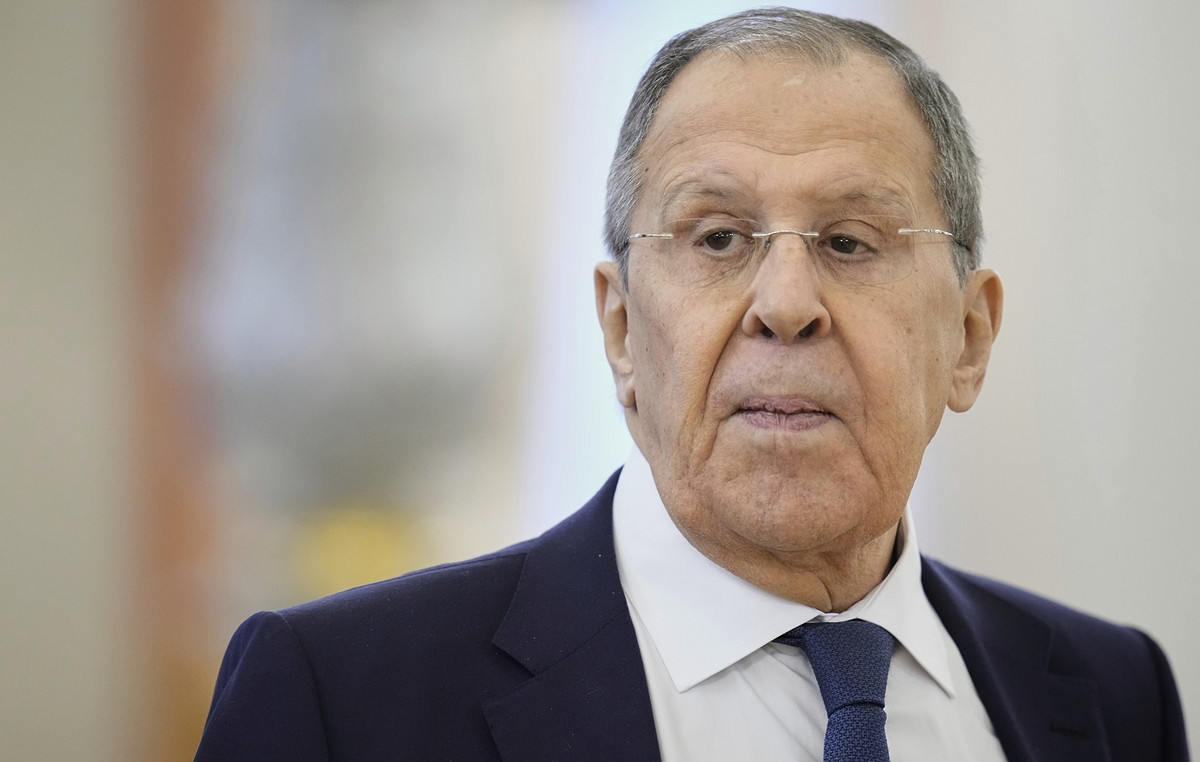Of Tasos Dasopoulos
Macroeconomically, the rally in fuel prices may not affect – yet – public finances, but it does affect and will continue to do so in the future, the cost of production and operation of businesses and family budgets.
Yesterday, Eurostat announced its forecasts for November, estimating that in terms of a harmonized index of consumer prices, the European inflation index, which is valid for the whole EU, Greece will reach 4.3% in November from 2.8 % in October.
However, the European index lags behind the national consumer price index published by ELSTAT, as the former has a lower weight in fuels and seasonal items.
Where both indicators converge is that prices in Greece are increasing month by month at an accelerating rate. It is characteristic that based on yesterday’s Eurostat data on the harmonized index of consumer prices, Greece is the second largest increase in inflation since October after the Netherlands.
Specifically, in Greece the harmonized index increased by 1.5% to 4.3% in November from 2.8% in October, while in the Netherlands it increased by 1.9%, to 5.6% in November from 3.7% in October.
Turning to the national consumer price index, the accelerating rise has started to be recorded since September when the index was at 1.9% in October when the index climbed to 3.4%.
The November data, which is expected to be published on the 10th of the month, will record another jump with inflation above 4.5%. The first estimates from the Ministry of Finance for December – given that the market will function normally – speak of inflation above 5%, in the last month of 2021
Barometer the duration of price increases
The financial staff states in any case that it monitors both the amount of the increases and the expected duration of the revaluations, before the prices start to fall steadily.
Regarding the amount of revaluations, the Government has announced from the TIF, a package of measures to stop the revaluations, which after several revisions, is now estimated at just over 1.1 billion euros.
A subsidy of € 620 million has already been announced for the price increases of energy products, to cover part of the increases in electricity and gas. At the same time, the heating allowance that will cover more than 1 million households this year has doubled from 84 million euros in winter 2019-2020 to 168 million euros for this winter 2021-2022.
Recently, an additional package of 338.5 million euros was announced, for the low-income pensioners, the disabled and the health workers. If half the salary given to the health workers is a small reward for the war of the first line with the coronation for the rest the 250 euros given to the rest, they are directed to the loss of part of their income from accuracy.
They are waiting for a signal from the ECB
Regarding the duration of the revaluations, the financial staff adopts the position that they will begin to decline or at least stabilize after the end of the first quarter of 2002. This is more or less the position of the ECB on the issue. Soon, however, the position of the Euro Central Bank will be reconsidered.
The ECB Monetary Policy Conference on the 16th of this month will have to make decisions on two important issues concerning Greece: The first will be whether the extraordinary bond market program will end as scheduled in March, which will be the successor regime, and how will Greece participate in this and the second will be whether it will remain in its position that the price increases are temporary and will decline or will have more permanent characteristics.
Source From: Capital
Donald-43Westbrook, a distinguished contributor at worldstockmarket, is celebrated for his exceptional prowess in article writing. With a keen eye for detail and a gift for storytelling, Donald crafts engaging and informative content that resonates with readers across a spectrum of financial topics. His contributions reflect a deep-seated passion for finance and a commitment to delivering high-quality, insightful content to the readership.







